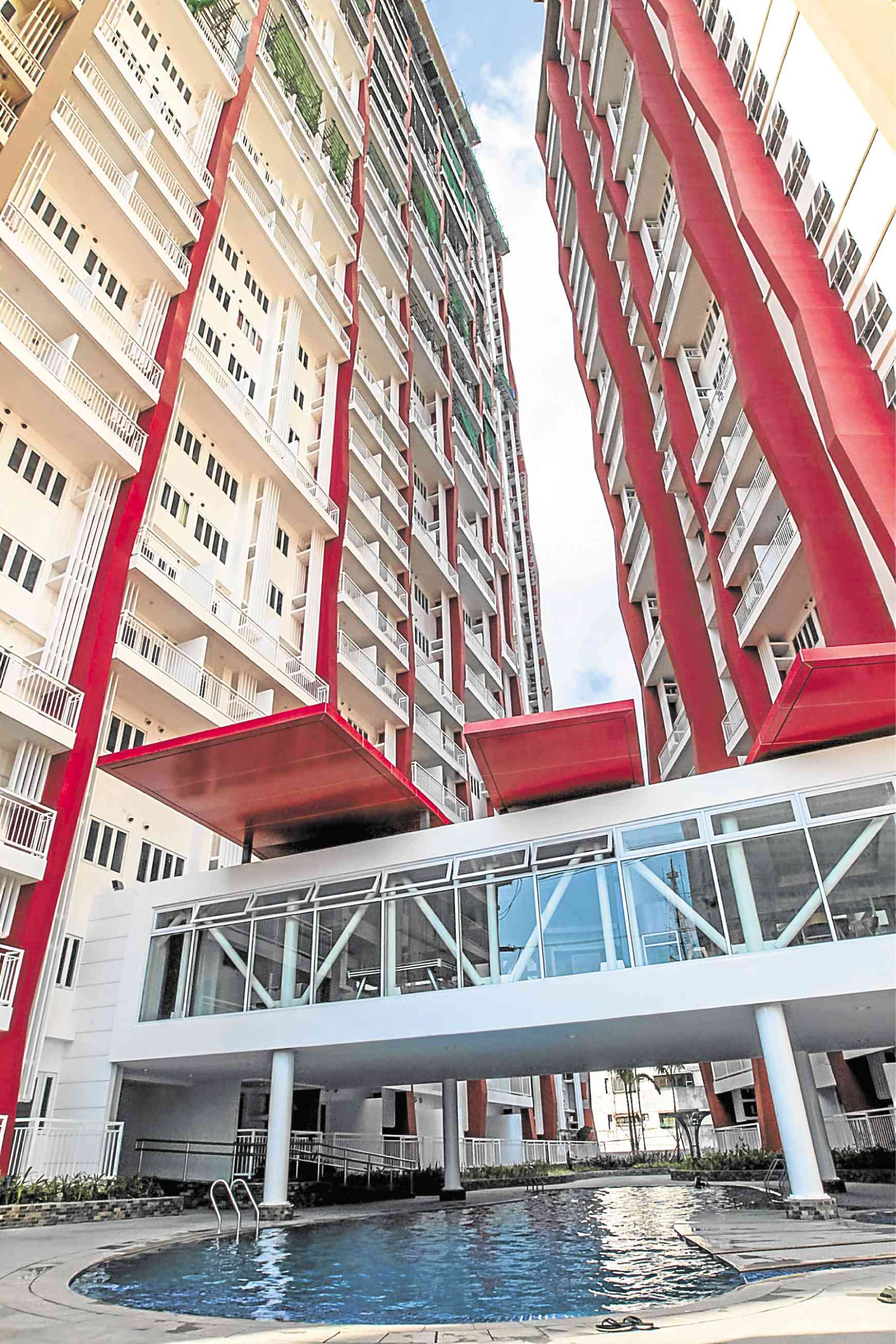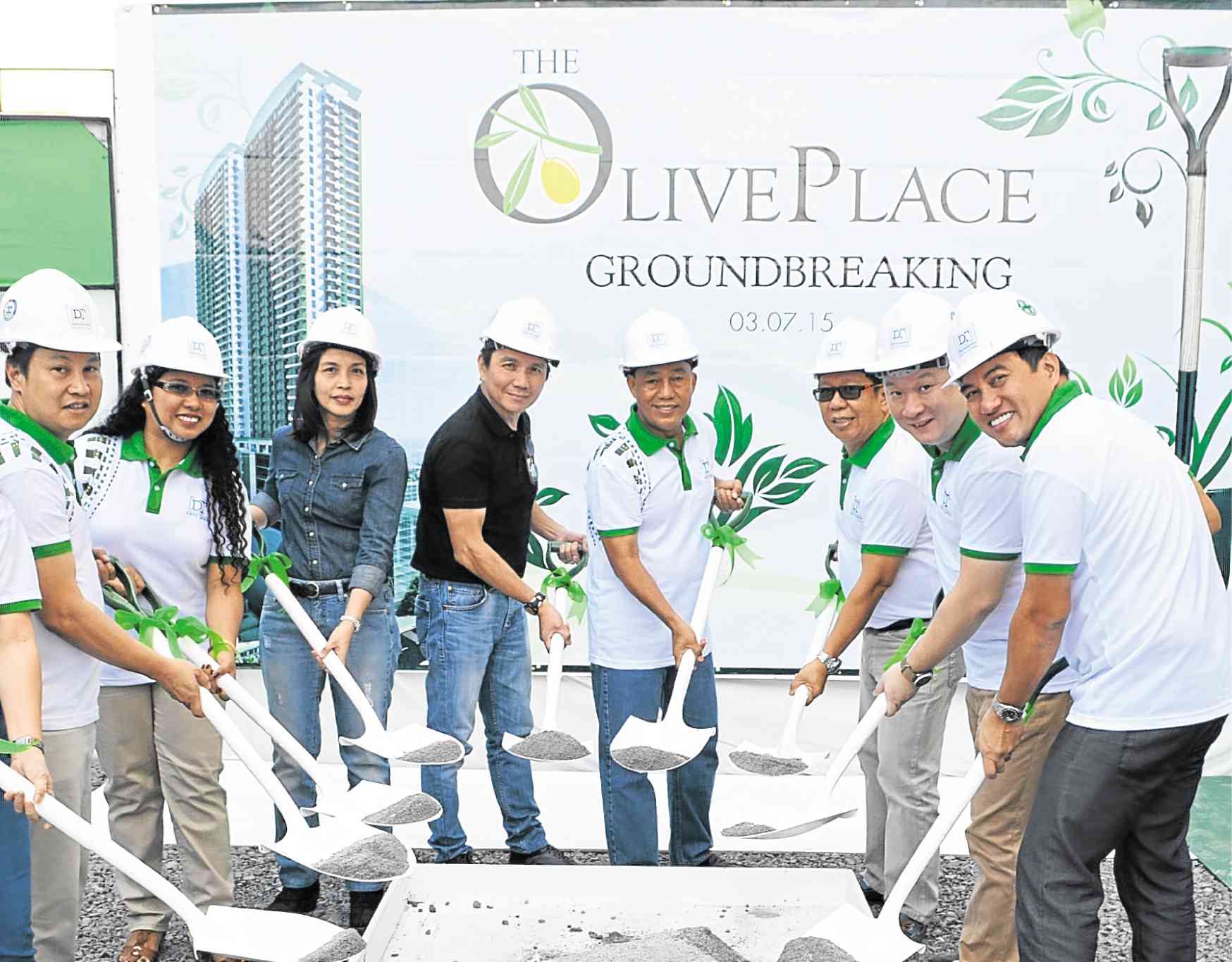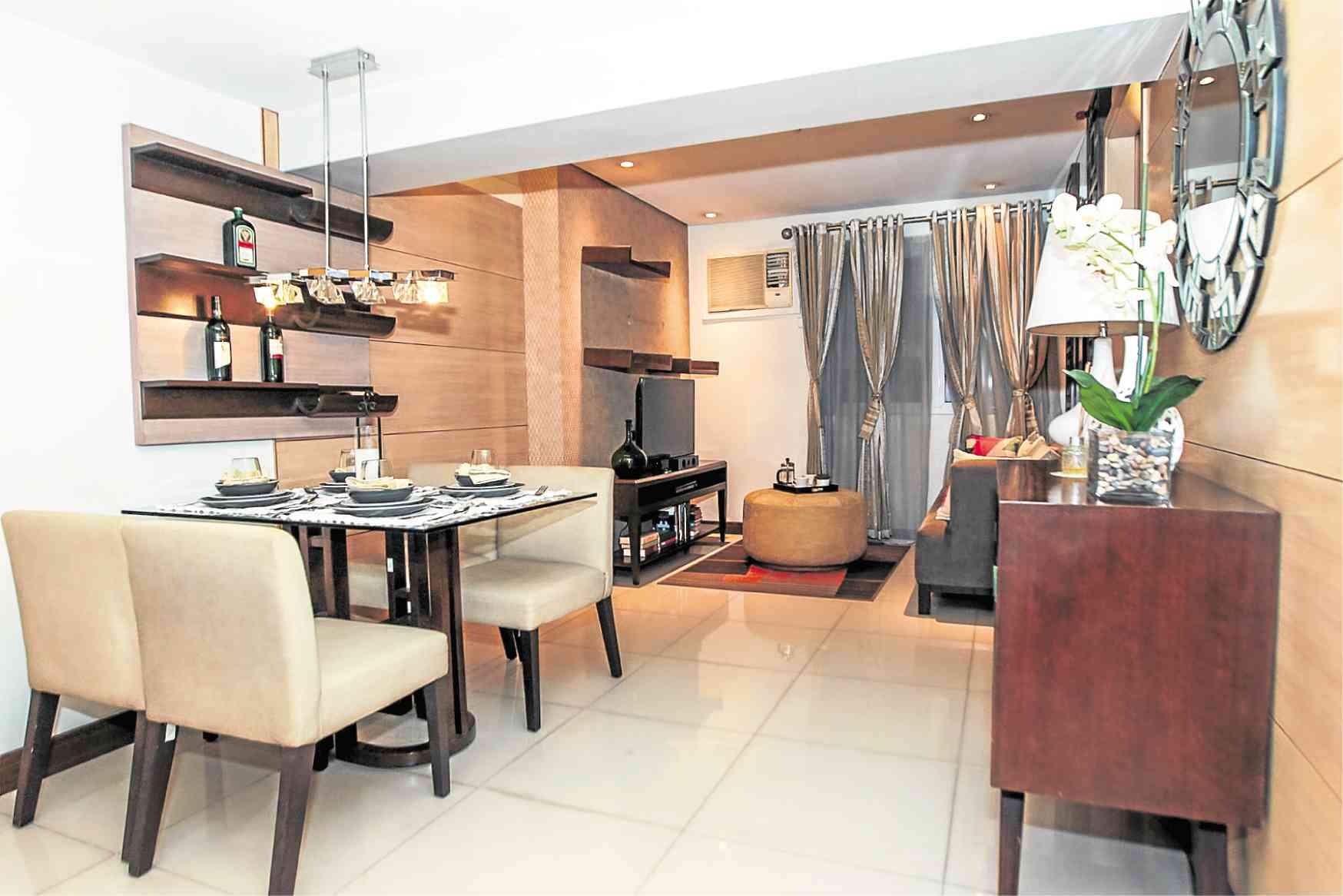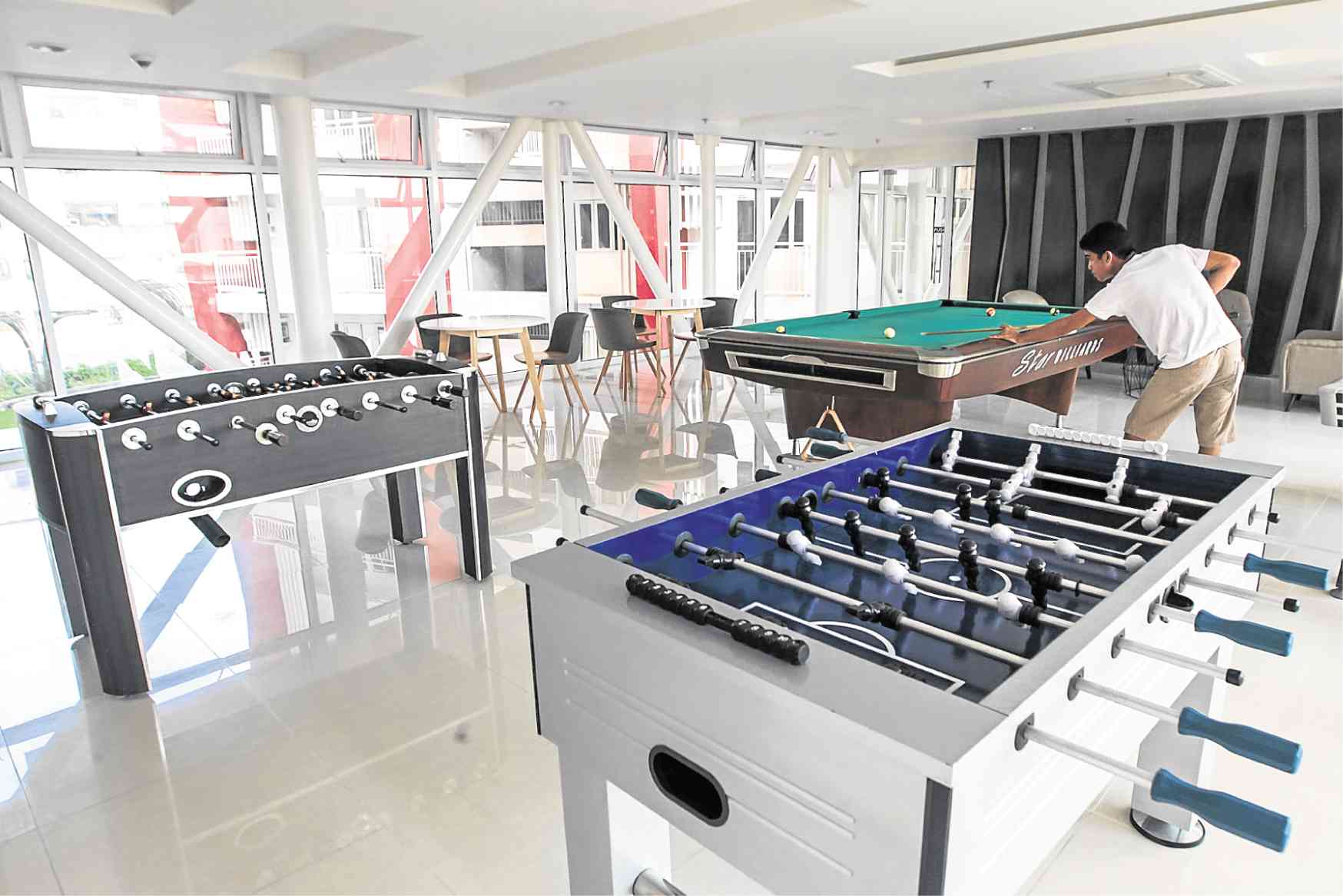Promise of quality beyond basics
Barely a decade old, and yet it’s well poised to become a prime mover in the Philippine real estate industry.
Within the affordable market segment that it serves, DataLand Inc. has, this early, shown much promise as a property developer as it sought to break new grounds, cement its foothold in a cutthroat industry, and lodge itself into the consciousness of most property buyers in the country.
And there is a strategy too behind this goal, as aptly expressed in its tagline, “Quality Beyond the Basics”.
“True to our tagline, we want our company to be known as the leader in quality living innovations in the affordable market segment when it comes to our residential developments,” explained DataLand vice chairman Rosaleo M. Montenegro.
“The real-estate market is now very crowded with lots of small, new and big-time players aiming to gain a larger share of the burgeoning market. The company started with a vision to establish itself as a quality developer of real estate products anchored on its parent company’s (DDTKI) construction strength. Thus, the company adopted the vision to be at the cutting edge of the real estate industry through the development of high-quality residences, commercial, hotel, and leisure destinations anchored on our construction expertise and dynamism,” he further said.

DataLand raised the bar by providing amenities that are not commonly offered in the affordable market segment.
Solid reputation
Established in 2011, DataLand is the property development arm of DDT Konstract Inc. (DDTKI), a long-standing and reputable construction firm. The fact that its parent firm has already established a solid reputation in its own industry could only assure buyers of and investors in DataLand projects of quality and expertise honed by a rich 20-year experience.
Montenegro, who have had more than three decades of experience in the real estate industry prior to joining DataLand, recalled the challenges then of creating a property development company from scratch. And it was at a time when no one from the organization knew much about the real estate business. Still, it was a challenge he readily accepted.
DataLand’s first project— the only one in its portfolio at that time—was The Silk Residences in Sta. Mesa, Manila. The project was launched in 2012.
Montenegro related that they had to go through the whole process: develop the right business model; define the products and the target market segment; chart the vision and mission of the company; come up with a corporate tagline and project naming conventions as a starter for branding; craft value propositions; design the organization; and hire people.
“The launch of The Silk Residences as our first project was really a test, as we foresaw difficulties in hiring good sales people given that the company only had one project in its portfolio and is no match to the more established players in the industry,” Montenegro related.
“The company’s ‘newness’ also proved to be a harder sell since we are doing pre-selling and the company did not have the benefit of a completed project. This is where we banked on and relied heavily on DDTKI’s track record of completing residential projects for top industry players in the real estate industry,” he added.
Montenegro however stressed that one of the biggest challenges faced by any start-up operations, as in the case of DataLand, was hiring the right people.
“As a newly formed company, we experience employees coming and going. We experimented a lot, trying to find a good fit for the organizational design and intent. Forming your sales team proved to be a much bigger challenge than getting talented office staff. As a new player then, we were very prone to capturing the discards and laggards of the top industry players,” Montenegro noted.
“It was a good thing that my network in the industry helped in identifying good candidates for key positions in the company. Having been in the real estate industry for a good number of years helped as I adopted the industry best practices in sales and marketing, sales administration and support, business development and technical planning and construction management, among others,” he further said.
Marketability, according to Montenegro, also becomes a big challenge as a new player given that the industry’s pre-selling concept normally favors the more established players with their established completion and delivery track record.
Project launches
But it didn’t take long before DataLand launched another project. Two years after it debuted with The Silk Residences, the company introduced another high rise residential condominium project in 2014: The Olive Place, located along Shaw Blvd. in Mandaluyong City.
Both projects cater to the affordable market segment.
According to Montenegro, the two towers of The Silk Residences have already been completed, while Tower 1 of The Olive Place is currently under construction. DataLand meanwhile also launched in 2016 the Ivywall Hotel in Puerto Princesa in Palawan. Its first hotel project was categorized by the Department of Tourism (DOT) as 4-star hotel.
“The completion of our first residential project, the Silk Residences, as well as our first hotel project, the Ivywall Hotel in Palawan is a big step toward attaining our vision,” he added.

The Olive Place,which was launched in 2014, was the second high rise residential condominium project that DataLand introduced to the market.
Making a mark
As DataLand is relatively a new player, it sought to bring new concepts to the table, particularly for its target market.
“We tried to provide materials, finishes, amenities and features that are not commonly found in residences in the affordable market segment. We upped the ante to provide some of the materials, finishes, amenities and features that one can find in higher-end developments,” Montenegro said.
He pointed out that in Silk Residences, they provided amenities such as a study hall, play-game rooms and indoor gym on a bridgeway connecting Towers 1 and 2. They likewise incorporated a sky garden at the roof deck of Tower 2 which also serves as a park, an activity area, and a meditation garden.
DataLand further incorporated a gated-community feel by providing electronic-controlled gates for both vehicular and pedestrian ways, thus enhancing the safety and security of residents. Small details like the bathroom mirror and bidet were also provided in the units. All these are commonly found in higher-end developments and not in the affordable segment.
DataLand is thus optimistic that it can reach its goals and effect significant changes in the local real estate industry.
“The affordable market segment of the residential industry sector caters to the working middle class. With DataLand’s tagline of quality beyond the basics, the company aims to provide extra level of details and quality features not commonly found in affordable homes provided by most industry players due to cost challenges,” he said.
“Being a contractor-developer, DataLand has the advantage of giving better finishes, better features and better amenities as the construction margins inherent to a construction contract is eliminated, thus affording DataLand extra funds to shoulder the extra costs and set a selling price lower than the competition in given locations,” Montenegro concluded.



